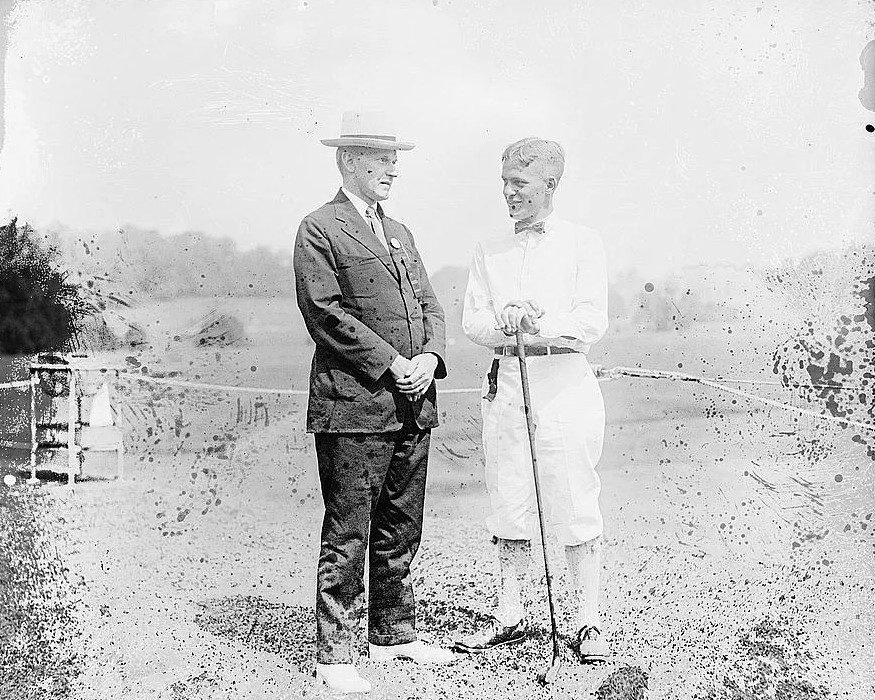In this blog, the term "healthcare" company includes all companies providing some form of healthcare protection or service.
Senator Warren Warns About Health Care Insurance Companies.
Senator Elizabeth Warren has stated that "the visceral response from people across this country who feel cheated, ripped off, and threatened by the vile practices of their insurance companies should be a warning to everyone in the health care system." The comment was generated because of the murder of the CEO of United Healthcare. She has been criticized because this sounded more like a threat than an observation. It is interesting that Senator John Fetterman has taken a different tack. He has complained about how people are viewing the murder of the United Healthcare CEO. See, "Fetterman blasts liberal magazine for calling United Healthcare CEO murder 'inevitable'."
Why People Dislike Healthcare Providers.
Warren is correct that many people hate healthcare providers; however, I believe her position is too narrowly focused. Let's examine Senator Warren's premise that people are angry at healthcare providers. What has produced this ire? First, healthcare is visceral; it is critical to the well-being of individuals. When they cannot get it, they are frightened. Second, health insurance deductibles and co-pays have increased, driven by the inflationary costs of medical care, the development of new medical procedures, and an effort by employers to pass costs to employees. Third, the Affordable Care Act caused seismic shocks to the healthcare system. Fourth, the CEOs of healthcare companies are paid high salaries and seem spoiled by perks, like flying in a private jet. (I must be fair. Healthcare CEOs do not receive higher compensation than other CEOs. I will get back to the private jet in a moment.)
Fifth, healthcare providers, like other businesses, are using AI to help control costs. Yet, it is difficult, if not sometimes impossible, to talk to a person who has any authority to challenge these cost control measures. Finally, publicly traded healthcare companies want to make a profit; for some healthcare companies, this translates into keeping people from being appropriately reimbursed. There is a tendency to avoid paying claims. Most people disagree with this approach except when their retirement account has an investment in a healthcare provider.
A friend has cancer and is having difficulty getting her health insurer to pay for treatment costs at Mayo. I understand the company's reason, but if someone else has a healthcare problem, it is unfortunate. If you have trouble getting coverage payments, it is personal. Emotions then tend to run high. You naturally hate the healthcare company.
The Wall Street Journal Perspective.
The Wall Street Journal, on December 10, 2024, carried an article that was titled "Death Threats for Health Insurers Highlight Long-Simmering Anger Against Industry." The article stated:
The companies (health insurance companies) continue to face a wave of anger from many of their own customers, along with praise for the killer of one of the business's most prominent leaders....
Most people who work in health plans believe they are supporting action for patients, but it's clearer than ever that the American public doesn't necessarily see it that way," said Sachin H. Jain, the CEO of SCAN Group, a nonprofit insurer. "There's a broader reckoning."
Regulators and Insurance Company Boards.
This concern is not new. As an insurance regulator and later chair of the audit committee for a Fortune 500 property and casualty insurance company, I encountered unhappy policyholders. As a regulator, I could sometimes persuade insurers to be flexible and pay disputed claims.
As an insurer board member, when complaints rose to the board level, the board always tried to resolve complaints in a way that was beneficial to the policyholder. However, it was not always possible to assuage policyholder angst. Therefore, more than a decade ago, I wanted the CEO to travel on a private jet. Yes, this was expensive. Yes, it was a significant perk. However, it was completely selfish on my part. I feared that some irate policyholder would harm the CEO, and the company would lose a valuable leader. Unfortunately, I was prescient about the risks that insurance CEOs face.
How Significant Is The Discontent?
Senator Warren's opinion and the opinions expressed in the Wall Street Journal article are correct in their pronouncements about how people feel about healthcare providers. Still, Senator Warren is not casting her intellectual net sufficiently wide. People are tired of dealing with corporations who take actions that cannot be questioned. There is a level of frustration that is boiling over. The United Healthcare tragedy is probably the tip of the iceberg.
Why People Get Angry At Businesses.
Recently, a Chinese business hacked my Facebook advertising account and ran several ads. (The ads must have been successful because the company got over 840 hits. Ironically, the ads appeared to be for a management company. I wonder if the company has a code of ethics.)
Fortunately, American Express immediately flagged the charges as suspicious, so I notified Facebook. Initially, Facebook ignored my request to shut the account down, but eventually, they did. Within a few days, they said it was safe to use my account again. I renewed my ad campaign. The account was hacked within hours by a company running Vietnamese ads. Interestingly, the Vietnamese ad campaign title translates as "New Business Strategy." It would appear fraud is the new strategy.
Weeks later, Facebook still says they are investigating, and my advertising account cannot be reinstated. In essence, Facebook has shut me down, and there is no way to fight against their decision. It is hard to imagine that American Express spotted the fraud immediately, and Facebook still cannot figure out the problem nor eliminate the bogus email address (marinaluch78@btcmod.com) controlling my account. (While it appears that emails with the "btcmod.com" suffix are often used for fraudulent purposes, I have no way of knowing if this account is a legitimate account that has been hacked.) Interestingly, the Vietnamese company increased my daily advertising budget from $100 to $40,000.
I have no desire to cause problems for Facebook or hurt anyone. I now have a plan for advertising on LinkedIn and X. The process is called competition. However, I did have a feeling of frustration and a sense of helplessness. Some people have trouble dealing with these types of emotions and become very angry. This anger is multiplied when Facebook shuts down accounts or blocks information because of governmental pressure, as Mark Zuckerberg testified. I have moved on. Some people boil over. To paraphrase Senator Warren, people across this country feel cheated, ripped off, and threatened by the vile practices of companies, including social media companies. Sadly and frighteningly, this can result in all social media moguls being targets.
Helplessness.
It is the helplessness that is causing people to grow resentful and creating problems for businesses, governmental agencies, and politicians. For example, a recently posted sign in a Walgreens store stated: The person Caring for you is also someone's loved one... Please be kind and refrain from disrespectful behavior. How unfortunate that a store has to have this type of sign.
The sign does reflect that our society is stretched thin emotionally. Indeed, the Utah man who returned the Subaru he bought by driving it through the dealer's showroom window is an example of the utter frustration people feel. I am not defending the driver, but I appreciate that people feel helpless. Realistically, it will only get worse as AI's influence expands. More company leaders will probably become targets. I do not envy executives dealing with this problem. However, I am sure they will find a way through the morass.
One example of how Senator Warren's approach can snowball can be found in a statement by a fashion brand. The company plans to launch a most-wanted CEOs' playing card deck. This certainly ratchets up the danger for executives. If it becomes open hunting season for executives, how long will it be before no one is safe?
Post Scrip: As I prepared to post this blog, President-elect Trump said he is going to "knock" out the excessive profits the middlemen make in healthcare. I appreciate and applaud Mr. Trump's goal. As someone who has focused on finance and insurance most of my life, I believe he has a good point. But his rhetoric adds fuel to the fire that healthcare providers are bad. Interestingly, United Healthcare Group serves as a middleman in the healthcare system, and it was United Healthcare's CEO who was killed.
Picture by Vecteezy
If you have not read the blog that describes the "However View," click here.





